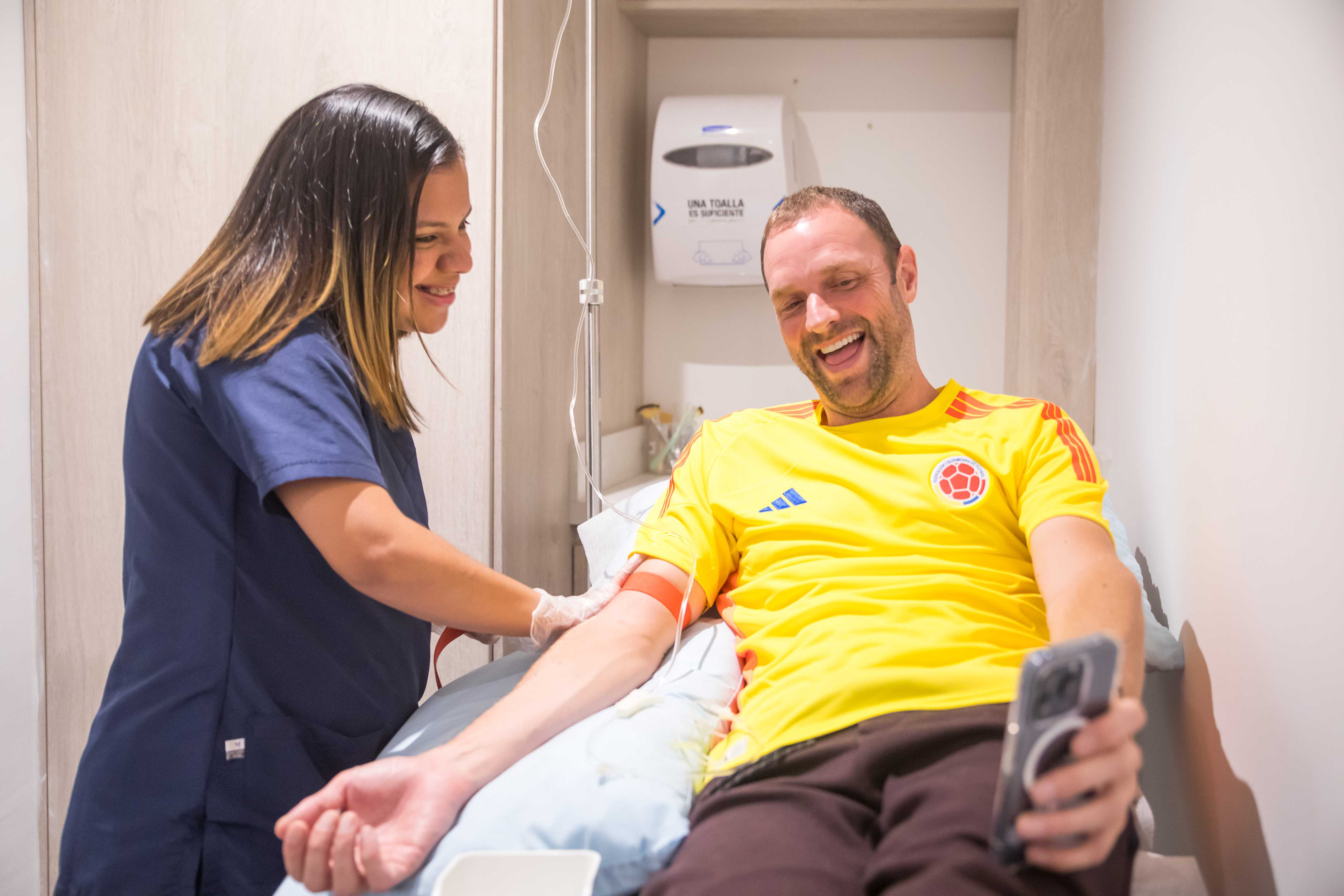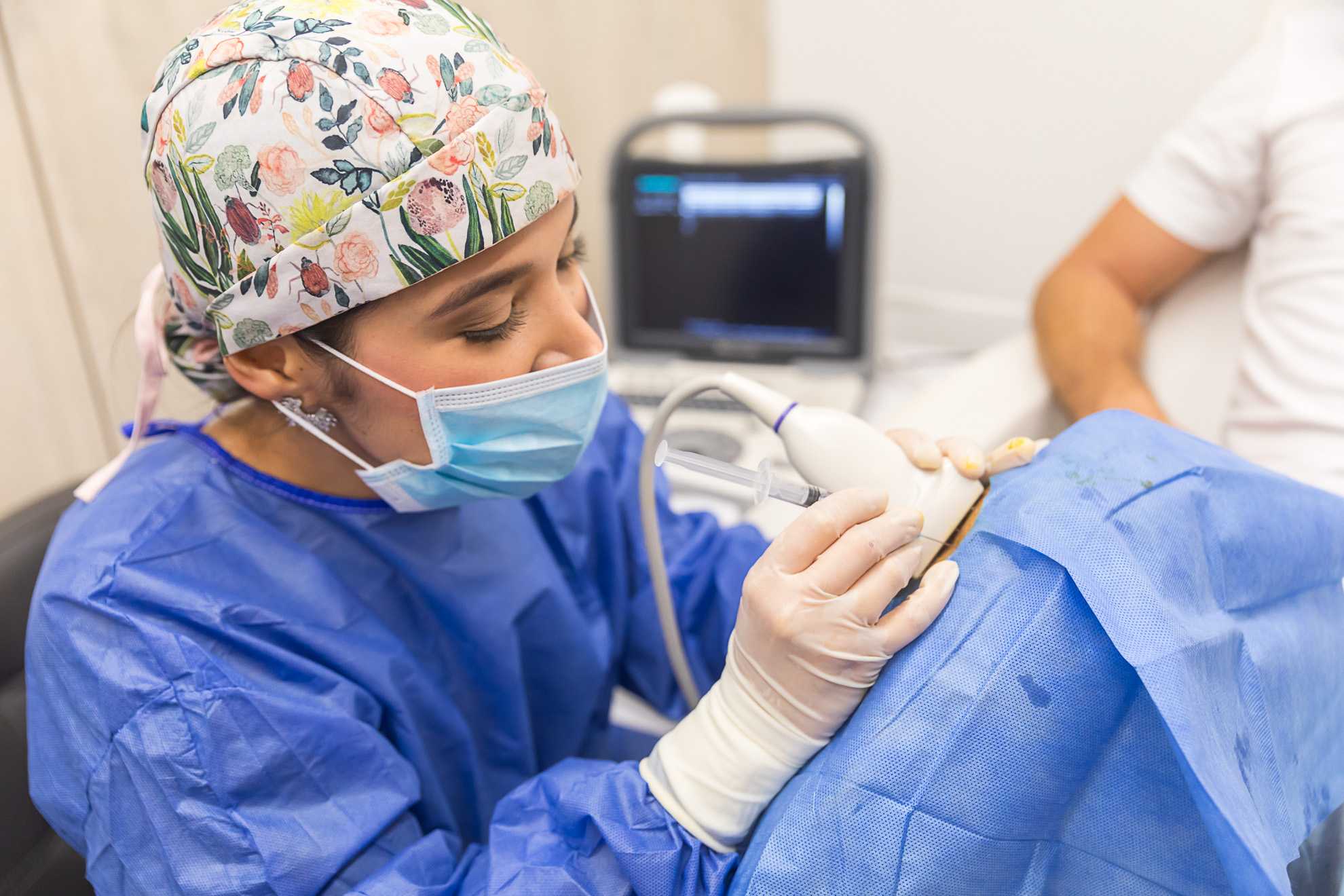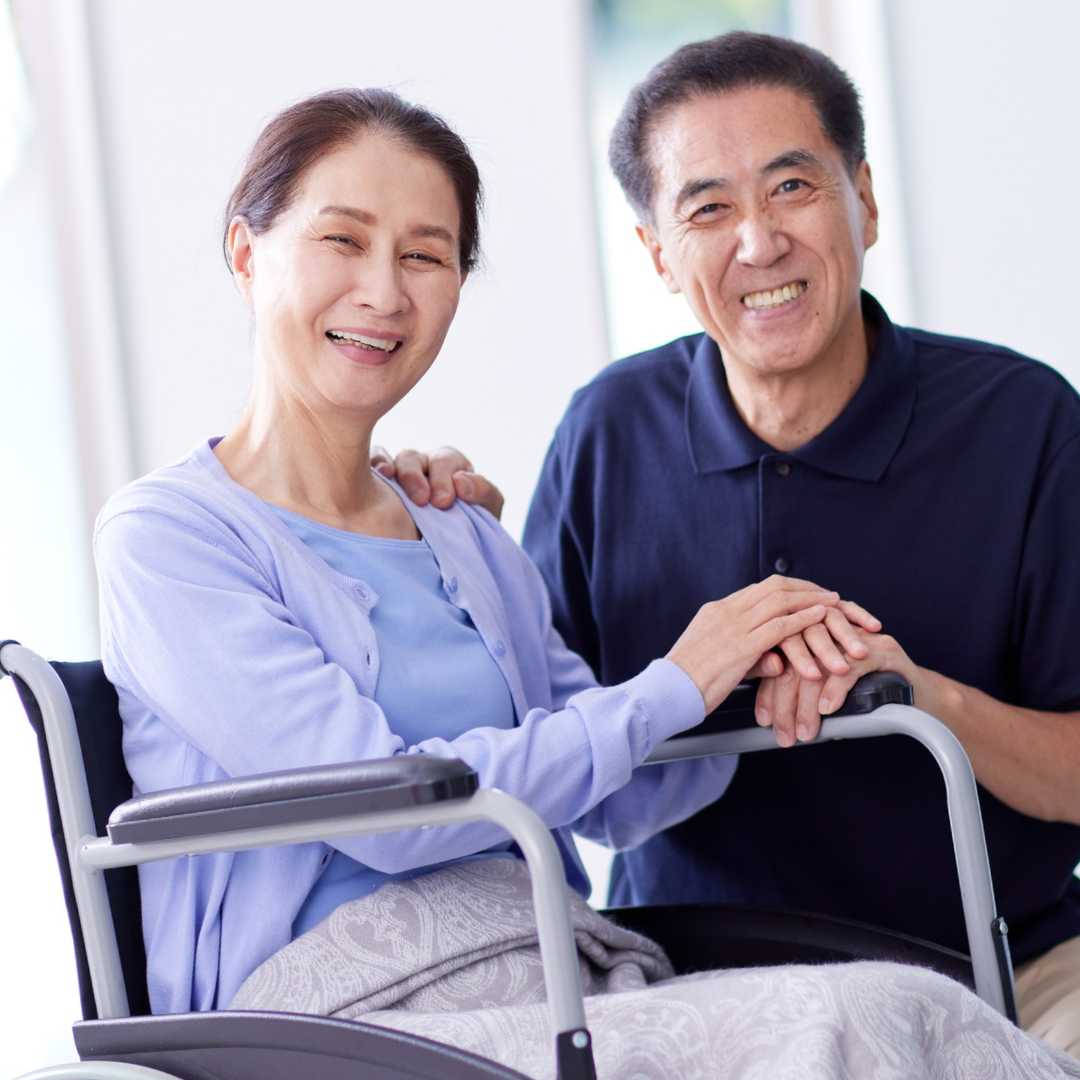Fertility Treatment in Buenos Aires, Argentina
Egg Donation in Buenos Aires, Argentina
When selecting an ART program, information is crucial. Important points for consideration include the qualifications and experience of personnel, support services available, cost, convenience, pregnancy rates and multiple pregnancy rates. Every couple wants to use the most successful ART program, but many factors contribute to the overall success of a program. Cost-effectiveness ratio is one of the main issues to be considered. Charm treatment, psychological support and individualized assessment make a good program into a very good one, where you should feel comfortable.
It is estimated that about 15% of couples will fail to achieve conception after 12 months of unprotected intercourse. As the first treatment approach, most couples undergo controlled a controlled ovarian hyperstimulation with or without intrauterine insemination. As success rates is about 15% per cycle, ultimately, about half of these infertile couples will undergo an assisted reproductive technology procedure (ART) (in vitro fertilization (IVF) or intracytoplasmic sperm injection (ICSI)).
Hormones (FSH, LH, estradiol, TSH, Prolactin)
- Baseline Ultrasound
- Hysterosalpingography
- GC and Chlamydia culture
- Semen analysis
Egg Donation in Buenos Aires
US$ 4,000
Egg Donation
The use of donor oocytes in assisted reproduction techniques (ART) is becoming increasingly popular. Infertile patients with poor ovarian reserve, history of poor ovarian response to stimulation, those with multiple IVF failures or advanced maternal age, are among the patients commonly treated with donor eggs, in order to improve their chances of becoming pregnant.
In 1993, CEGYR started running an Egg Donor Program. The aim of this program is to allow getting pregnant to hundreds of women that every year would like to make true this dream but cannot use their own oocytes. Egg donation is an alternative that offers best pregnancy rates with low genetic disorders chances (lower miscarriage rate and lower chromosomal abnormalities than pregnancies with own eggs coming from older women).
Most programs in United States use one oocyte donor for one recipient. Our program shares the donor egg cohort among multiple recipients (shared egg donor program), allowing for a good pregnancy rate (50%) with a reduction of their waiting period and reducing costs since donor costs are shared by the various recipients, making this therapy affordable for most patients. Besides, as Argentine currency was devaluated in December 2001, costs for foreign patients are still lower.
Egg donor program of CEGYR is one of the most popular, not only in Argentina, but also in Latin America. Every year more than 400 women receive donated oocytes, and about 20% of them are people coming from abroad (mainly from USA, Canada, Australia, New Zealand,Uruguay, Chile, Sweden, Netherlands, Spain, Mexico, Brazil and Peru).
Professionals working in CEGYR make it not only a high level medicine institution, but also guarantee patients a charm treat and a safe program as those running in USA. CEGYR has an ISO 9001 certification of quality, and follows the keys principles of the ACT (assisted conception taskforce).
Dr. Demián Glujovsky coordinates the Egg Donor Program of CEGYR. His background in Gynecology and Obstetrics with a specialization in Reproductive Medicine, and his studies in epidemiology, biostatistics and public health (Master of Clinical and Health Care Effectiveness) allowed him to run this program at CEGYR, an internationally-recognized high level fertility center that was founded in 1983.
All our voluntary egg donors are between 21 and 34 years old and they are screened following the American Society of Reproductive Medicine (ASRM) guidelines. Their medical personal and familial history is assessed by a geneticist. They have an infectious (HIV, hepatitis B and C and syphilis) and genetic (karyotype and cystic fibrosis) screening. They also are evaluated by a psychologist and a psychological test (MMPI-2) is done.
It is also important to do a complete evaluation of the recipient couple in order to minimize risks and optimize chances of getting pregnant. Age limit: women up to 50 years old. Screening checklist is the following (based in ASRM guidelines).
For more information please contact us!












Share this listing